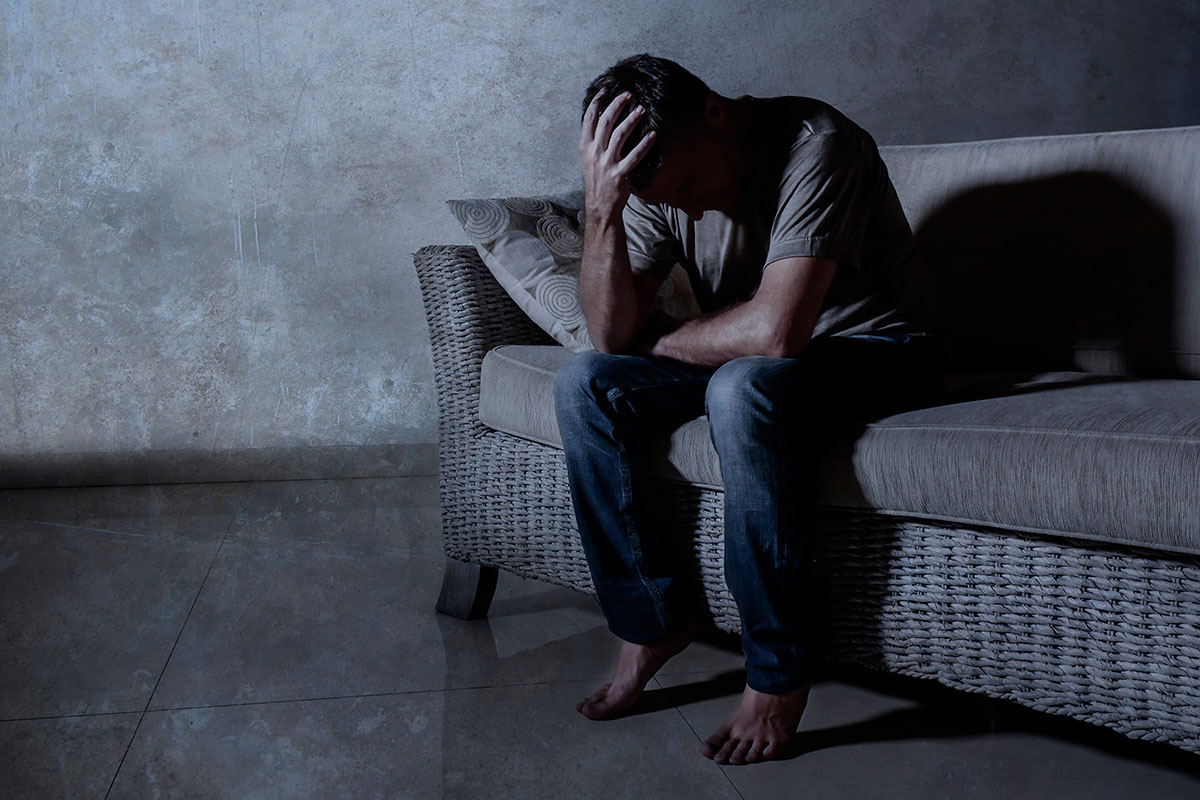6 Signs of a Heroin Overdose

Heroin overdoses rarely lead to swift fatalities. The failure to identify the symptoms of a heroin overdose has tragically resulted in numerous preventable deaths that could have been avoided with prompt medical intervention. Learning to recognize heroin overdose symptoms can help you to take action. It may even help you save the life of someone you care about or even a stranger. Additionally, heroin addiction treatment can provide the necessary support and resources to prevent future overdoses.
Woodland Recovery Center offers various evidence-based addiction treatment programs tailored to each individual’s needs. We understand that addiction is a complex condition and requires personalized care. Our highly trained staff provides professional and empathetic support for long-term addiction recovery. Call us today at 662.222.2989 to learn more about heroin overdose symptoms and if heroin addiction treatment is proper for you or a loved one.
6 Signs of Heroin Overdose
There are signs of heroin OD to look out for, including:
1. Changes in Respiration
Heroin affects the brain and body. Too much heroin can overwhelm opioid receptors in the brain, which causes the body to slow down. Respiratory functions (breathing) are particularly susceptible. The victim’s breathing becomes erratic, slow, or shallow as the lungs shut down. They may seem to gasp for breath. Eventually, the breathing may stop, which indicates serious trouble.
Another common symptom is the “death rattle,” a gurgling sound that can sound like choking or snoring. This is caused by a buildup of mucus and saliva in the throat as systems shut down. Many preventable overdose fatalities result from the inaction of spouses or partners who mistake their bedmate’s death rattles for snoring. If your bedmate makes unusual sounds in their sleep, the safest course of action is to attempt to wake your partner.
2. Changes in Pulse
The same effect that causes the lungs to shut down may cause the heart to shut down. Even if the victim seems alert, their heart could be in trouble. Try to check their pulse. Signs of heroin overdose include a pulse that is slow or erratic. In extreme cases, the pulse may have stopped altogether, putting the victim at imminent risk of death within minutes. The slowing of the cardiovascular system may also cause the victim’s blood pressure to drop dangerously low.
3. Loss of Consciousness
Heroin overdose also causes cognitive functions to shut down, including the mechanisms that keep us awake and alert. Additionally, the effects of heroin on the lungs and the heart become elevated with an overdose and may cause the brain to become starved of oxygen, a condition known as “brain hypoxia.” Lack of oxygen supply to the brain accelerates the loss of consciousness. You may notice the victim nodding off or falling asleep in the middle of an activity or conversation. The victim may exhibit slurred speech. They may be awake but unable to speak. In advanced cases, they may completely lose consciousness.
4. Changes in Coloration
Another possible symptom of heroin overdose is visible changes in body coloration as circulation falters. Victims with lighter skin tones may turn blue or purple. Victims with darker skin tones may turn ashy, gray, or pale. The victim’s fingers and lips may turn blue. A discolored tongue is another warning sign of an overdose of heroin.
5. Vomiting
Victims of a heroin overdose may experience vomiting as the digestive system degrades and loses its ability to hold down food. Vomiting after nodding off can be especially dangerous as the person could choke on their vomit.
6. Changes in Muscle Responses
Blocked opioid receptors cause skeletal muscles to shut down. Additionally, the suppressed heart and lung functions that accompany a heroin overdose may deprive the lungs of oxygen. As a result, muscles may become limp and unresponsive, compounding the non-responsive effects of losing consciousness. The victim may experience an all-over feeling of “pins and needles” on their skin.
This symptom is usually associated with heroin withdrawal. If a victim experiences the pins-and-needles effect while heroin is in their system, they need immediate medical attention. Heroin overdose also affects muscle response in the eyes. Look for “pinpoint pupils,” where the black circles at the center of the eyes will shrink to abnormally tiny dots.
What to Do If Someone Is Showing Signs of Heroin Overdose
If someone you love is showing signs of a heroin overdose, take the following steps immediately:
- Call 911 or your local emergency number for immediate medical help
- Administer naloxone, if available, to reverse the effects of opioids and potentially save their life
- Stay with the individual until emergency responders arrive, monitoring their breathing and keeping them awake if possible
- Provide the emergency responders with as much information as possible, including any drugs the person may have taken, how much, and when
- Be supportive and compassionate toward the individual, reminding them they are not alone and that help is available for their addiction
Seeking professional help through a heroin addiction treatment program can provide long-term support and resources to prevent future overdoses. Do not hesitate to contact us for more information and assistance finding the right treatment program for you or your loved one.
What Does a Heroin Overdose Feel Like?
Understanding what an OD feels like can help identify and possibly prevent a fatal outcome. Experiencing a heroin overdose is a distressing ordeal, which is often described as an intense, gradual sinking into unconsciousness. The individual may initially feel a heightened sense of euphoria, which is quickly followed by disorientation and drowsiness.
Here are some of the specific feelings associated with a heroin overdose:
- Disrupted physical sensation – The strong impact on opioid receptors disrupts normal physical sensations. Victims may first feel an extreme wave of warmth and heaviness that then transitions into an alarming sense of numbness or inability to move.
- Confusion and drowsiness – A rapid onset of confusion is common, alongside feelings of extreme drowsiness. It may become increasingly difficult for the person to stay awake or to engage in coherent conversation.
- Difficulty breathing – As the heroin overdose symptoms progress, it becomes extremely hard to breathe. This can lead to feelings of suffocation and panic.
- Loss of consciousness – The individual may lose consciousness entirely, a transition that can feel like falling into a deep sleep from which they can’t wake up.
Understanding these feelings is crucial in recognizing the signs of a heroin overdose early and seeking immediate medical intervention.
How Can Heroin Addiction Treatment Help Prevent Overdoses?
Heroin addiction treatment can provide the necessary support and resources to prevent future overdoses. Here are some of the ways in which treatment can help:
- Detoxification – A medically supervised detox program can help individuals safely manage withdrawal symptoms and eliminate heroin from their system
- Therapy – Through individual and group therapies, individuals can address the issues behind their addiction and learn coping mechanisms for managing triggers and cravings
- Education – Learning about the dangers of heroin overdose and how to recognize its symptoms can help individuals prevent future overdoses
- Support – Treatment programs provide ongoing support and resources for long-term recovery, including relapse prevention strategies and access to support groups
Please don’t wait until it’s too late. Seek help for a heroin addiction today to prevent the risk of an overdose and to be educated on how to recognize and respond to an overdose if it does occur.
Contact Woodland Recovery Center to Begin Our Heroin Addiction Treatment
We understand that taking the first step toward recovery can be overwhelming. No one is ever alone in this journey. Our dedicated team at our treatment center is ready to provide the necessary support, care, and resources you need to overcome heroin addiction. Our evidence-based, personalized treatment programs are designed with your unique needs in mind. We encourage you to reach out to us today—call us at 662.222.2989 or contact us online. Save a life today, whether it’s your own or that of a loved one.


